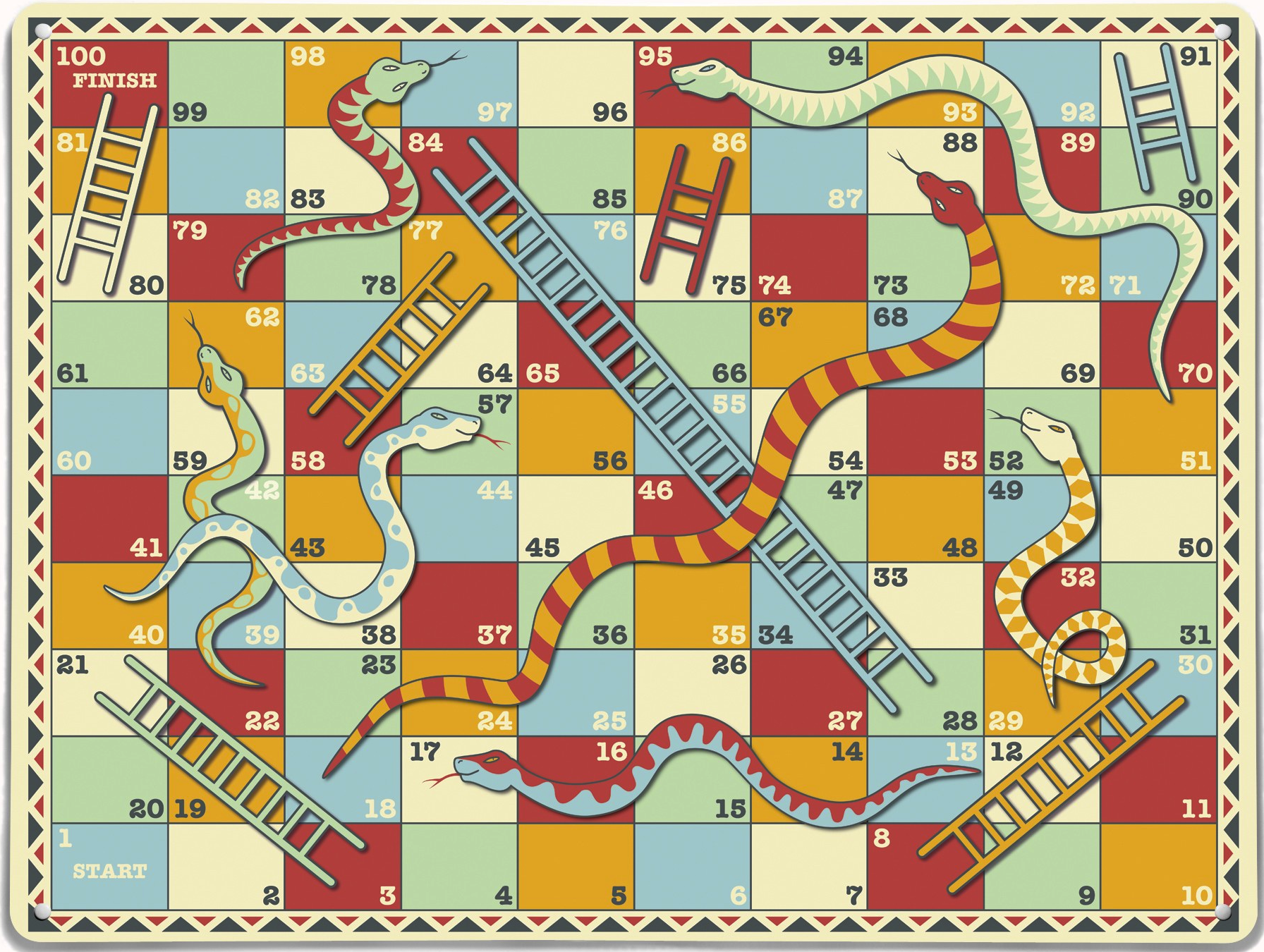 SPARC participated in the Edinburgh Conference on Reducing the Use of Imprisonment (Surgeons Hall, 8-9 June 2017), presenting a paper exploring divergent experiences of prisoners serving life sentences. Through ‘sentence progression’, prisoners are meant to transition to lower levels of security, testing their levels of responsibility and safety, ultimately achieving parole. However, while some prisoners obtain parole ‘on time’ (serving no more nor less time in prison than the minimum they were sentenced to do by a court), others are held back in prison sometimes for years, or even decades. Personal and research evidence suggests there are a range of reasons for this, and we argue that amongst these, administrative delays and non-criminal conduct, rather than criminal or dangerous conduct of the prisoner, often are to blame. Hence, the process of ‘progressing’ through a sentence may in fact have a regressive effect on prisoner’s lives. We argue that three prevailing logics of punishment – risk, rehabilitation and institutional order – obscure unpredictable and sometimes excessive journeys through prison.
SPARC participated in the Edinburgh Conference on Reducing the Use of Imprisonment (Surgeons Hall, 8-9 June 2017), presenting a paper exploring divergent experiences of prisoners serving life sentences. Through ‘sentence progression’, prisoners are meant to transition to lower levels of security, testing their levels of responsibility and safety, ultimately achieving parole. However, while some prisoners obtain parole ‘on time’ (serving no more nor less time in prison than the minimum they were sentenced to do by a court), others are held back in prison sometimes for years, or even decades. Personal and research evidence suggests there are a range of reasons for this, and we argue that amongst these, administrative delays and non-criminal conduct, rather than criminal or dangerous conduct of the prisoner, often are to blame. Hence, the process of ‘progressing’ through a sentence may in fact have a regressive effect on prisoner’s lives. We argue that three prevailing logics of punishment – risk, rehabilitation and institutional order – obscure unpredictable and sometimes excessive journeys through prison.
Snakes and Ladders web version (MS Word)
Snakes and Ladders PPT (Powerpoint)

Pingback: Scottish Prisoner Advocacy & Research Collective (SPARC)